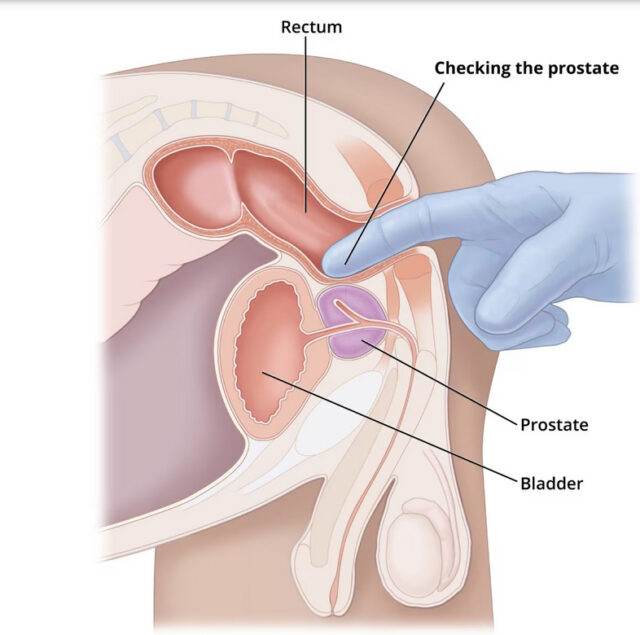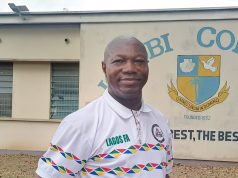Inflammatory prostatitis—particularly chronic pelvic pain syndrome (CPPS)—is a lesser-known yet impactful condition affecting male athletes. For Nigerian sportsmen, understanding and addressing this issue is vital for maintaining top performance and long-term health.
Read Also: In Good Shape: All You Need To Know About Cartilage Injury …A Guide For Athlete
What is Inflammatory Prostatitis?
Prostatitis is the inflammation of the prostate gland. It exists in several forms:
Acute Bacterial Prostatitis – A sudden, painful infection caused by bacteria.
Chronic Bacterial Prostatitis – A persistent or recurring bacterial infection.
Chronic Prostatitis/Chronic Pelvic Pain Syndrome (CP/CPPS) – The most common form, not caused by bacteria but linked to pelvic floor dysfunction and inflammation.
Asymptomatic Inflammatory Prostatitis – Inflammation present without noticeable symptoms.
For athletes, CP/CPPS is particularly relevant due to its potential to interfere with physical activity and performance.
Why It Matters for Athletes
CP/CPPS can produce symptoms that affect training and competition, including:
Persistent pain in the pelvic region, perineum, or lower back
Pain during or after exercise
Painful ejaculation or sexual dysfunction
Frequent or urgent urination
These symptoms may mimic sports-related strains or fatigue, leading to misdiagnosis or neglect.
Risk Factors in Athletic Activities
Some common athletic practices can trigger or worsen prostatitis:
Cycling or long-distance biking – Sustained pressure on the perineal area can irritate the prostate.
Prolonged sitting – Common during travel or recovery periods.
High-impact sports – Activities like football or combat sports may stress the pelvic floor muscles.
Unique Challenges for Nigerian Athletes
Limited Awareness – Many athletes and trainers are unfamiliar with prostatitis.
Cultural Stigma – Discussions about male pelvic health can be seen as sensitive or embarrassing.
Access to Care – Specialized urological care may be limited outside urban centers.
These factors make early detection and open discussion even more important in the Nigerian sports community.
Diagnosis and Treatment
Medical Treatment:
Antibiotics – Only effective in bacterial cases.
Alpha-blockers – Help relax muscle fibers in the prostate and bladder.
Anti-inflammatory drugs – Reduce pain and inflammation.
Supportive Therapies:
Pelvic floor physical therapy – Helps reduce muscle tension and pain.
Stress management and adequate rest
Hydrotherapy – Warm baths may relieve symptoms.
Modifying training routines – Avoid overexertion and prolonged sitting.
Prevention and Performance Tips
1. Monitor symptoms – Don’t ignore unusual pelvic pain or urinary issues.
2. Use ergonomic gear – Especially for cyclists (e.g., padded seats, proper posture).
3. Stay active—but smart – Engage in regular low-impact exercise like walking or swimming.
4. Maintain hydration – Helps reduce urinary irritation.
5. Open communication – Talk to coaches or medical staff about discomfort early.
Conclusion: Prioritize Your Pelvic Health
Inflammatory prostatitis is common, treatable, and manageable—especially when caught early. Nigerian athletes must recognize the signs and take proactive steps to protect their health. With better awareness, proper treatment, and smart training modifications, sportsmen can perform at their best without compromise.
For enquires/Consultation
Call- Dr kolade kolapo
+234-7032088130









